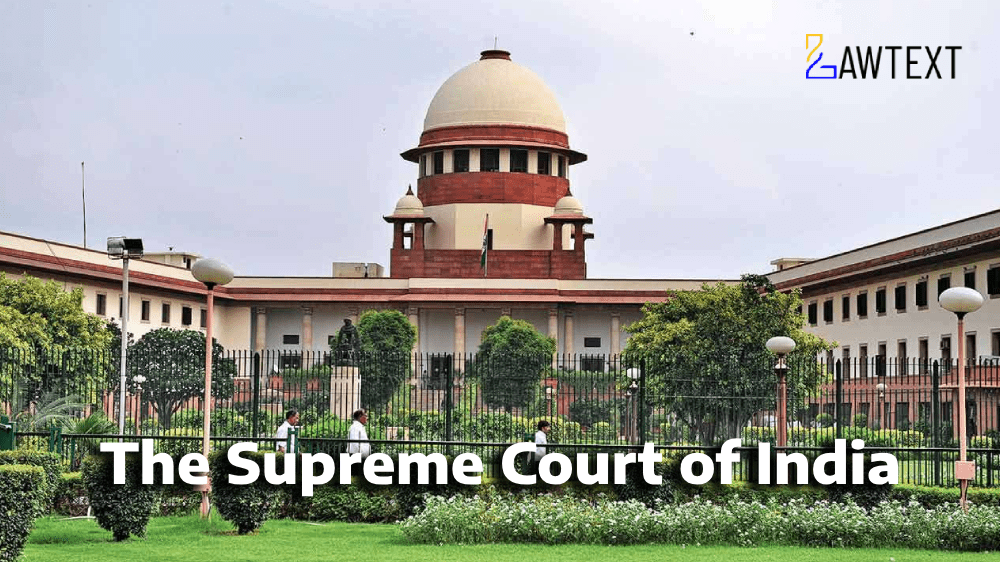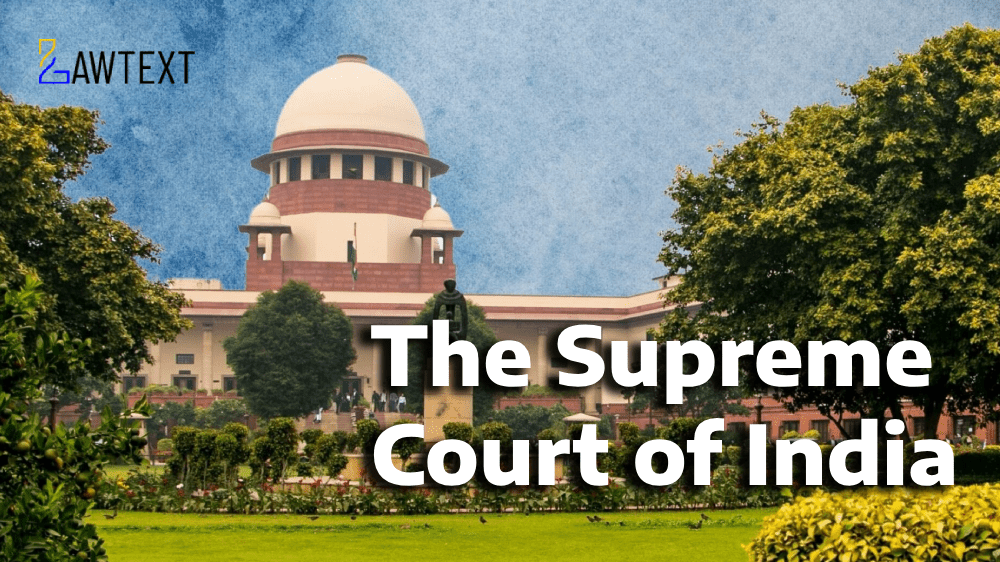Case Note & Summary
The Supreme Court, in a judgment dated [Date], quashed a criminal complaint filed by the first respondent (complainant) against the officers of the Special Armed Forces (SAF), alleging trespass and property damage. The Court held that the complaint, which was filed after the dismissal of a contempt petition concerning the same property dispute, was an abuse of the legal process. The Court emphasized that the allegations lacked specific dates and were vague, and no sanction was obtained under Section 197 of the Criminal Procedure Code (CrPC) for prosecuting the officers, as required. The appeal by the SAF officers was allowed, and the complaint was dismissed.
The Supreme Court found that:
The criminal complaint was an abuse of the legal process, as it arose from the same facts covered in an earlier contempt petition that was dismissed. The complaint lacked specific dates and details, making the prosecution baseless. The mandatory requirement of obtaining sanction under Section 197 of CrPC to prosecute public servants was not met. The High Court failed to appreciate these issues, and its order was set aside.1. Background of the Dispute (Paras 1-2):
The first respondent filed a civil suit for ownership and injunction over land bearing Survey Nos. 1822 and 1823 in Gwalior. The SAF also claimed rights over the adjacent property. The civil suit was dismissed by the Trial Court and First Appellate Court but allowed by the High Court in a second appeal, declaring the first respondent as the owner. The first respondent filed a contempt petition in 2016, alleging SAF’s violation of the High Court’s decree, which was dismissed in 2017.2. Criminal Complaint Filed (Para 3):
In 2017, the first respondent filed a criminal complaint against the SAF officers alleging offenses under Sections 323, 294, 427, 341, 447, and 506B of IPC. The accusations included property damage and physical threats on January 8, 2017. The Magistrate dismissed the complaint for lack of sanction to prosecute under Section 197 of CrPC.3. Challenge to Magistrate’s Order and Subsequent Proceedings (Para 4):
The Additional Sessions Judge remanded the matter back to the Magistrate for reconsideration, resulting in the Magistrate taking cognizance of the offenses. However, the issue of sanction was not addressed. The appellants challenged the Magistrate’s order before the High Court, which dismissed their petition.4. Arguments from Both Sides (Paras 5-6):
The appellants contended that their actions were performed in the discharge of official duties, and prosecution without sanction under Section 197 of CrPC was illegal. The first respondent argued that the alleged acts of trespass were outside the scope of official duties and, thus, did not require sanction.5. Supreme Court’s Consideration (Paras 7-10):
The Supreme Court examined the earlier contempt petition and found that the cause of action in both the contempt petition and the criminal complaint was the same. The complaint did not disclose the pendency or outcome of the contempt petition. The Court noted that the complaint lacked specific dates and that the witnesses failed to name the main accused. This indicated that the allegations were vague.6. Supreme Court’s Decision (Paras 11-13):
The Court concluded that the prosecution was an abuse of the legal process, as the allegations were insufficient and duplicative of the earlier contempt proceedings. The lack of sanction under Section 197 of CrPC was a significant legal flaw, and the High Court should have quashed the complaint. Acts and Sections Discussed:Code of Criminal Procedure, 1973 (CrPC):
Section 197: Requirement of sanction for prosecution of public servants. Section 200: Procedure for filing a complaint before a Magistrate. Section 202: Inquiry by Magistrate before issuance of process. Section 203: Dismissal of a complaint if no sufficient ground exists for proceeding. Section 482: Inherent powers of the High Court to prevent abuse of process.Indian Penal Code (IPC), 1860:
Section 323: Punishment for voluntarily causing hurt. Section 294: Obscene acts and songs. Section 427: Mischief causing damage to property. Section 341: Punishment for wrongful restraint. Section 447: Punishment for criminal trespass. Section 506B: Punishment for criminal intimidation. Ratio Decidendi:The Supreme Court held that prosecuting the SAF officers without obtaining the mandatory sanction under Section 197 of CrPC was illegal. Further, the allegations in the criminal complaint were vague, lacked specific dates, and were largely a rehash of the dismissed contempt petition. The continuation of such a prosecution would constitute an abuse of the legal process. Therefore, the High Court’s refusal to quash the complaint was erroneous.
Subjects:Criminal Complaint, Abuse of Process, Sanction for Prosecution
#CriminalProcedure #PublicServants #SanctionRequirement #AbuseOfProcess #PropertyDispute
Issue of Consideration: Murari Lal Chhari & Ors. Versus Munishwar Singh Tomar & Anr.
Premium Content
The Issue of Consideration is only available to subscribed members.
Subscribe Now to access critical case issues





